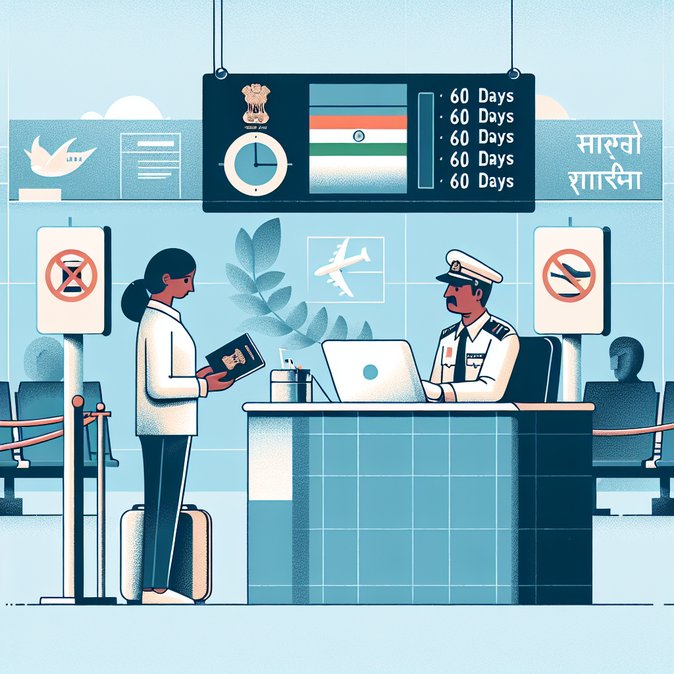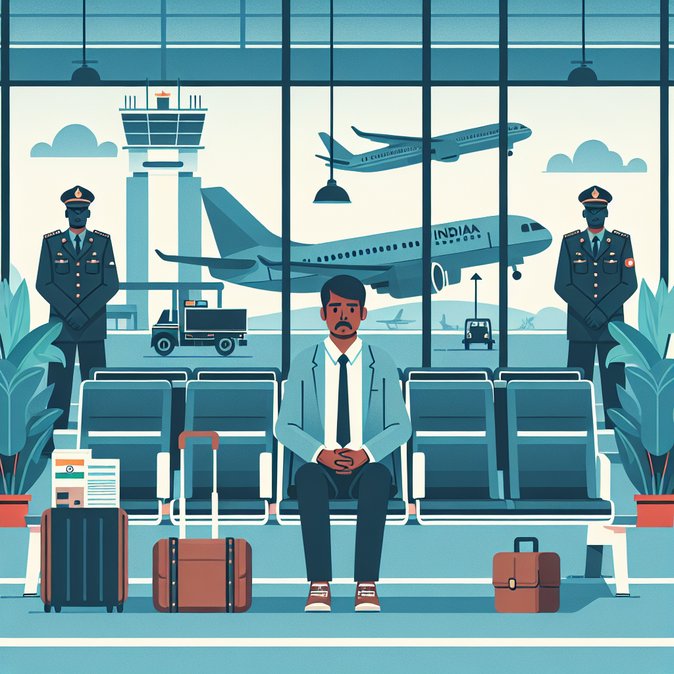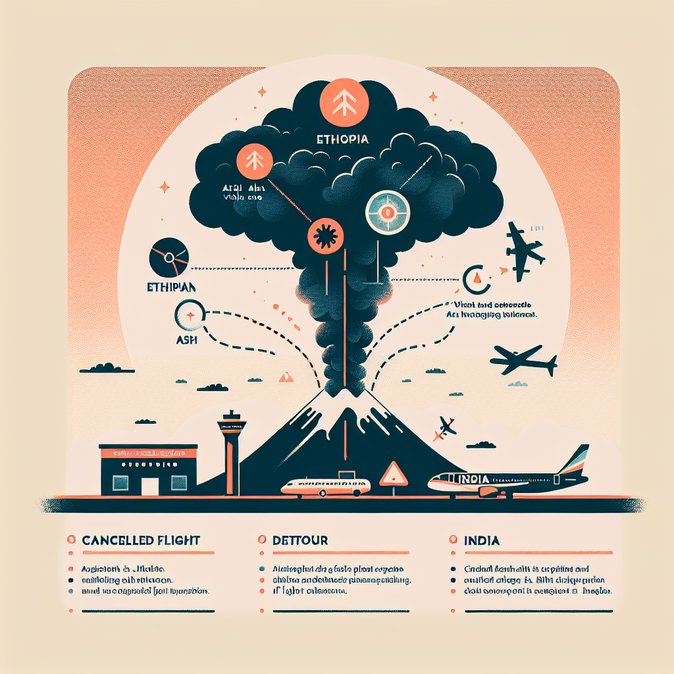
Thailand’s Immigration Bureau has issued new operating instructions that for the first time empower frontline officers to refuse entry to Indian nationals making a third consecutive visa-free arrival within a rolling 180-day window. The policy—published 26 November and effective immediately—aims to curb so-called “visa runs”, in which foreigners exit Thailand briefly only to re-enter on another 60-day exemption.
Under the rule, Indian passport holders will still enjoy the headline benefit of a 60-day visa-free stay until 31 March 2026, but immigration officers will now flag patterns of back-to-back entries. Travellers judged to be abusing the privilege may be denied boarding at origin airports or refused entry on arrival. To support enforcement, carriers must verify that passengers have not exceeded the new limit, and all travellers—visa-free or not—must file the Thailand Digital Arrival Card (TDAC) within 72 hours before departure.
![Thailand Tightens Visa-Free Regime, Targets Repeat Entries by Indian Travellers]()
Thai authorities cite rising overstay cases and reports of informal work by long-stay foreigners as drivers for the clampdown. For India—its fastest-growing source market with 1.6 million arrivals projected for FY 2025-26—the change could dampen a segment of long-term backpackers, digital nomads and unofficial gig-workers who relied on frequent border hops. Conventional leisure and short-term business visitors are unlikely to be affected provided itineraries remain within a single 60-day trip.
Corporate mobility teams should: 1) audit employee travel histories to Thailand to avoid inadvertent breaches, 2) build TDAC submission into pre-trip workflows, and 3) advise travellers needing extended stays to secure proper tourist or business visas in advance. Airlines may face higher document-check burdens at Indian departure airports such as Delhi, Mumbai and Bengaluru.
Looking ahead, Thailand plans to launch a full e-Visa platform for Indians on 1 January 2025, potentially streamlining long-stay visa applications but also giving authorities richer data to benchmark entry patterns. How strictly the consecutive-entry rule is enforced will shape the destination’s attractiveness for India’s burgeoning remote-work and SME segment.
Under the rule, Indian passport holders will still enjoy the headline benefit of a 60-day visa-free stay until 31 March 2026, but immigration officers will now flag patterns of back-to-back entries. Travellers judged to be abusing the privilege may be denied boarding at origin airports or refused entry on arrival. To support enforcement, carriers must verify that passengers have not exceeded the new limit, and all travellers—visa-free or not—must file the Thailand Digital Arrival Card (TDAC) within 72 hours before departure.

Thai authorities cite rising overstay cases and reports of informal work by long-stay foreigners as drivers for the clampdown. For India—its fastest-growing source market with 1.6 million arrivals projected for FY 2025-26—the change could dampen a segment of long-term backpackers, digital nomads and unofficial gig-workers who relied on frequent border hops. Conventional leisure and short-term business visitors are unlikely to be affected provided itineraries remain within a single 60-day trip.
Corporate mobility teams should: 1) audit employee travel histories to Thailand to avoid inadvertent breaches, 2) build TDAC submission into pre-trip workflows, and 3) advise travellers needing extended stays to secure proper tourist or business visas in advance. Airlines may face higher document-check burdens at Indian departure airports such as Delhi, Mumbai and Bengaluru.
Looking ahead, Thailand plans to launch a full e-Visa platform for Indians on 1 January 2025, potentially streamlining long-stay visa applications but also giving authorities richer data to benchmark entry patterns. How strictly the consecutive-entry rule is enforced will shape the destination’s attractiveness for India’s burgeoning remote-work and SME segment.


